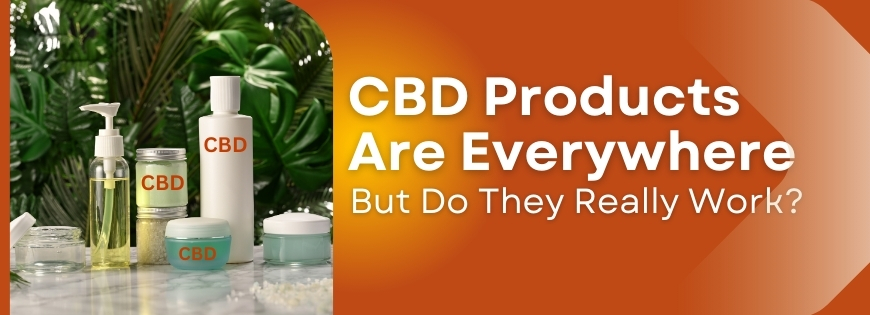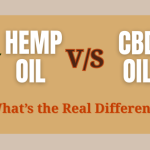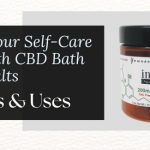CBD seems to be in everything these days—gummies, sparkling drinks, lotions, pet treats, and even bath bombs. Major retailers now carry it, wellness influencers swear by it, and it’s gaining attention across the country.
But along with its growing popularity comes plenty of confusion. Is CBD the same as marijuana? Is it legal? Does it actually help with anything—or is it just hype? And, most importantly, is it safe?
Let’s cut through the noise and break down what CBD really is, what it can (and can’t) do, and how to shop for it wisely.
What Is CBD?
CBD—short for cannabidiol—is one of over 100 active compounds found in the cannabis plant. The other most famous compound is THC (tetrahydrocannabinol), the one responsible for marijuana’s “high.”
Unlike THC, CBD won’t get you high. However, it can affect your body and mind in more subtle ways—people often describe feeling calmer, less stressed, or experiencing reduced discomfort.
CBD can come from two sources:
- Marijuana-derived CBD — Contains higher THC unless processed to remove it.
- Hemp-derived CBD — Legally must have 0.3% THC or less, which isn’t enough to cause intoxication.
Since the 2018 Farm Bill, hemp (and hemp-derived CBD) is legal on a federal level in the U.S., though some states still have restrictions.
Is CBD Legal?
It depends on where you live.
- Some states allow marijuana (and CBD) for both recreational and medical use.
- Others permit only medical use.
- A few states restrict all cannabis-derived products.
On the federal level:
- Hemp-derived CBD (≤0.3% THC) is legal.
- Marijuana-derived CBD remains illegal federally, even though chemically it’s the same molecule.
The FDA is still developing guidelines for CBD marketing. Currently, CBD is sold as a supplement, meaning it’s not FDA-regulated for safety, purity, or effectiveness. Companies can’t legally make medical claims without scientific evidence—but some still do, so shop carefully.
What Does CBD Actually Do?
CBD has shown promise for certain health concerns, but it’s not a miracle cure.
What research supports:
- Reducing some types of anxiety
- Improving sleep for certain people
- Easing pain from conditions like fibromyalgia
- Reducing muscle spasticity in multiple sclerosis
- Helping with certain rare seizure disorders (only Epidiolex—a prescription CBD drug—is FDA-approved for this)
What’s still unproven:
- Treating cancer
- Curing COVID-19
- Fixing every ache, pain, or mood disorder
While many users report feeling better with CBD, results vary, and product quality plays a huge role. Independent lab tests often reveal mislabeled CBD content—some products have far less (or more) CBD than advertised.
How to Buy CBD Safely
If you’re ready to try CBD, follow these tips:
- Choose licensed dispensaries or reputable brands. They should provide lab test results (Certificates of Analysis).
- Check the label. Look for CBD content per dose and THC levels.
- Start low, go slow. Begin with a small dose and track your results.
- Avoid shady claims. If a company says CBD “cures” a disease, that’s a red flag.
Is CBD Safe?
For most healthy adults, CBD appears to be safe. Possible side effects include:
- Fatigue
- Nausea
- Irritability
CBD can interact with medications—especially those with grapefruit warnings—so check with your doctor before use.
For children, safety is less clear, except in specific medical cases under professional guidance.
The Bottom Line
CBD isn’t snake oil, but it’s not magic either. It holds real potential—especially for anxiety, sleep, and pain—but quality, dosage, and personal response matter. With research still emerging, the next decade will reveal much more about CBD’s long-term effects and best uses.
Disclaimer:
No content here should be taken as medical advice. Always consult with your healthcare provider before starting any supplement, especially if you take other medications or have health concerns.



